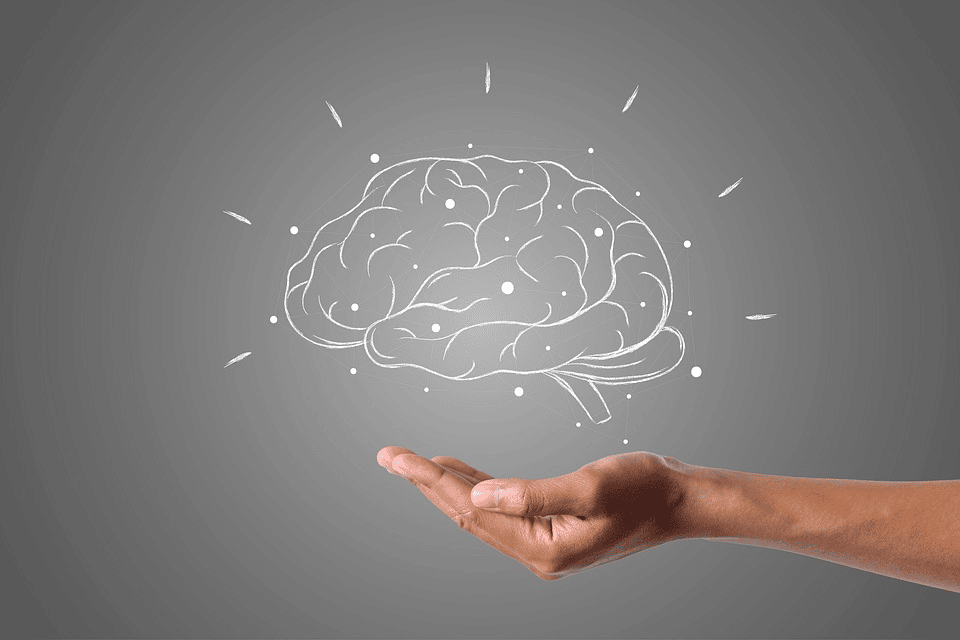Comedian John Mulaney Talks About Rehab
There are often situations where celebrities are in the spotlight for reasons they don’t prefer, including struggles with drugs, alcohol, and mental health. Relatively recently, comedian John Mulaney talked about his struggles with addiction and his subsequent stay in an addiction treatment facility. When John Mulaney talks about rehab and his experiences, it helps reduce stigma and highlights the importance of an intervention for people dealing with active addiction.
Who Is John Mulaney?
John Mulaney is an actor, writer, and producer, as well as a standup comedian. He’s perhaps best known for his work as a Saturday Night Live writer and stand-up comedian with specials like The Comeback Kid and the Kid Gorgeous. Mulaney won the Primetime Emmy for Outstanding Writing for a Variety Special for Kid Gorgeous. He also did a Netflix comedy special for children called John Mulaney & the Sack Lunch Bunch.
A History of Addiction Struggles
Throughout his career, Mulaney has been candid about his struggles with addiction and staying sober.
In 2012, Mulaney talked about his initial decision to get sober in his comedy special, New in Town. At the time, Mulaney said he decided to stop drinking because he was told by others he would black out and ruin their parties. He told the audience that when you drink enough and black out enough, you’ve done so many crazy things that you don’t even know if the stories other people tell you about your behavior are true.
In 2014, the comedian and writer said he’d been sober since September 2005.
Then, in September 2020, Mulaney went to rehab after a long run of recovery. He said he left rehab in October of that year and then moved out of the home he shared with his wife. He hosted Saturday Night Live on Halloween and ultimately relapsed on drugs.
Once again, in December of 2020, Mulaney returned to rehab for 60 days in Pennsylvania.
He said he went for problems with both alcohol and cocaine. When he left the inpatient treatment center, reports were that he was doing well and would continue working on an outpatient basis.
Early Substance Use
Mulaney says that his substance abuse issues started at around 13. He said he started drinking alcohol to fit in with his peers. That then led to prescription drug abuse and cocaine use. Mulaney has said in past interviews that he kept using drugs even though his parents tried to get him help.
He said his rock bottom came when he was 23, and he was so desperate to get drunk or high that he attempted to drink perfume.
During his first set on Late Night with Conan O’Brien, he once said he would go out with money at night, then blackout and wake up with none. He said it would be even more unsettling when he’d go out with some money, blackout, and wake up with more, indicating he’d traded goods or services, which he found scary.
Mulaney said it was during one of these episodes in his 20s that he realized he didn’t want to continue with drugs and alcohol. He quit cold turkey, staying sober for 15 years.
The Pandemic’s Effect
As mentioned, it wasn’t until 2020 that Mulaney relapsed after such a long period of sobriety, and he wasn’t alone. He was significantly affected by the COVID-19 pandemic, as were so many people. He wasn’t working to occupy his time, and he wasn’t experiencing the creative outlet that came with performing. That led to the use of drugs and alcohol for comfort and stimulation.
Before he checked into rehab, Mulaney had temporarily joined the writing staff of Late Night with Seth Meyers.
He said he took the job with the show because it was helping him with his mental health and sense of well-being. Mulaney knew Meyers from his time at Saturday Night Live.
He told Jimmy Kimmel later that he felt he needed a job and that it was beneficial to have assignments and a boss. He said he doesn’t feel like it’s the best thing for him to be in charge of something.
Once he returned to working on Late Night with Seth Meyers, he experienced a full relapse on cocaine and alcohol.
An Important Intervention
A successful intervention from close friends, including Meyers and Fred Armisen, helped him realize it was time to make a change. He said he was initially mad, but when he looked at the group of friends doing the intervention, realized it was a group of people who cared about him.
According to Mulaney, as soon as he opened the door, he knew it was an intervention. He thought he was going to have dinner with a college friend, and once he opened the door and saw Meyers, he wanted to beat them all to the punch by letting them know he had a drug problem. He said it came from a desire to always be the smartest person in the room.
Before arriving at the intervention, the comedian had done cocaine and stopped by the studios of Saturday Night Live, acting erratically.
He accepted the help of the intervention group, going to Pennsylvania and completing 60 days of inpatient rehab.
Since then, he said he realized he needed to keep working on his recovery after completing inpatient addiction treatment. Mulaney continued with outpatient treatment and moved into a sober living house.
He took a break from his work to put all of his focus on his family and recovery. Mulaney has since said that his life has improved, and he feels there’s a bright future ahead of him, with the support of friends, family, and addiction counselors.
Mulaney also started a new relationship with actress Olivia Munn. The two welcomed a baby together in November 2021.
In February 2022, Mulaney hosted SNL for the fifth time. During his opening monologue, he talked about his experience with drug use, his time in rehab, and the intervention that saved his life.
He went on to talk about his son being born and the meaning that event has in his life.
Treatment that Feels Like Home
If you’re ready to explore what addiction treatment in the Bay Area could look like for you, please contact our team today. Silicon Valley Recovery can help you improve your quality of life with inpatient rehab programs for drug addiction and alcohol addiction or explain more about another level of care at our rehab facilities, contact us at 408-547-4089.
FAQs
Why did John Mulaney relapse?
John Mulaney relapsed due to a combination of stress, personal struggles, and the pressures of his career. He has been open about his history with addiction and the challenges he faced during the pandemic, which exacerbated his issues. Mulaney sought help by entering rehab, emphasizing the importance of support and treatment in overcoming addiction.
What happened with John Mulaney and Anne?
John Mulaney and Anne Marie Tendler announced their separation in May 2021 after six years of marriage. The split followed Mulaney’s stint in rehab for addiction issues. Tendler expressed her sadness over the end of their marriage, while Mulaney moved on with actress Olivia Munn, with whom he later had a child. The separation was amicable, and both have since focused on their respective careers and personal lives.
What happened with John Mulaney and Olivia Munn?
John Mulaney and Olivia Munn began dating in 2021 after Mulaney’s split from his ex-wife, Anna Marie Tendler. The couple announced they were expecting a child together in September 2021. Their relationship has been a topic of public interest due to its timing and Mulaney’s recent stint in rehab. They welcomed their son, Malcolm Hiệp Mulaney, in November 2021.
How much money does John Mulaney make?
John Mulaney’s net worth is estimated to be around $10 million. His income comes from various sources, including stand-up comedy tours, writing, acting, and producing. Mulaney has gained significant recognition for his work on “Saturday Night Live” and his successful comedy specials. His earnings are also supplemented by appearances on television shows and films.
What comedian has made the most money?
The comedian who has made the most money is Jerry Seinfeld. Known for his successful sitcom “Seinfeld,” he has amassed significant wealth through syndication deals, stand-up performances, and other ventures. His net worth is estimated to be in the hundreds of millions, making him one of the wealthiest comedians in the world.
What happened to John Mulaney’s brother?
John Mulaney’s brother, Peter Mulaney, tragically passed away in 2010. He was a lawyer and a significant influence in John’s life. The loss deeply affected John, and he has mentioned his brother in various interviews and stand-up routines, reflecting on their relationship and the impact of his brother’s passing.











